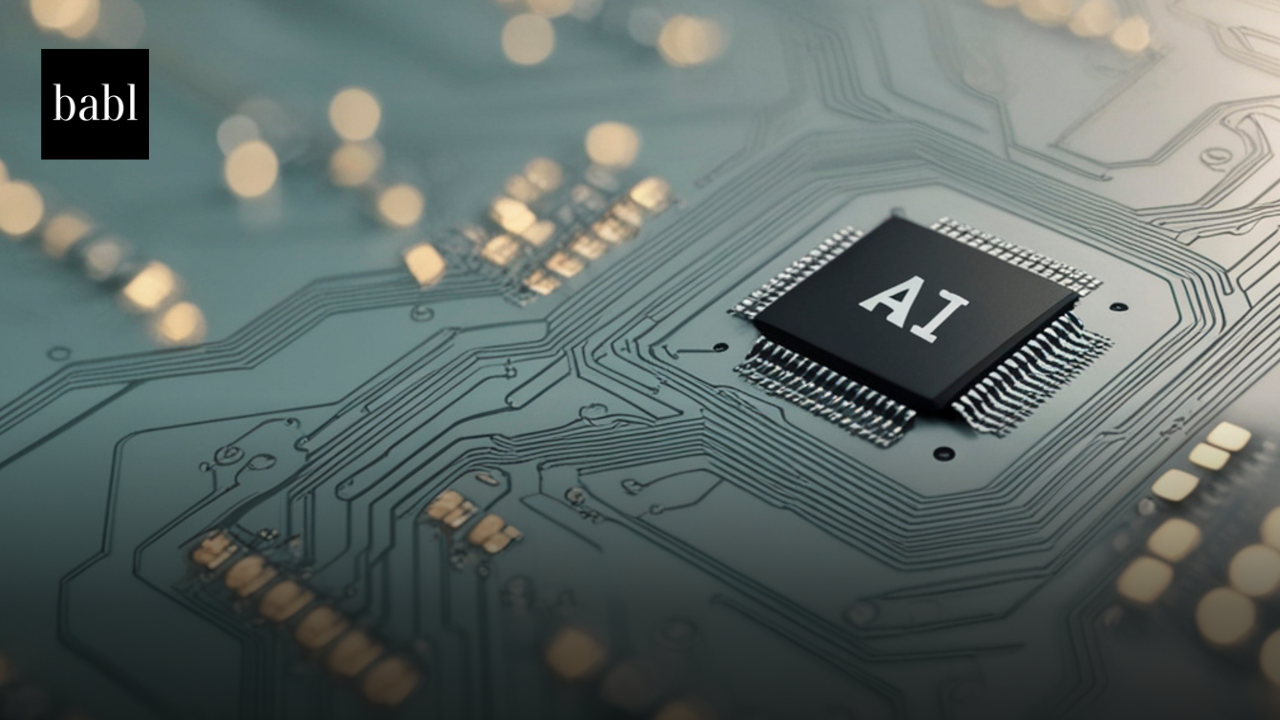The Korea Herald reports that OpenAI, the developer of ChatGPT, has formally launched a Korean subsidiary, deepening competition in one of the world’s fastest-growing AI markets. The Seoul office, announced last week, is OpenAI’s third in Asia and twelfth worldwide.
OpenAI Chief Strategy Officer Jason Kwon highlighted Korea’s digital infrastructure, innovative companies, and tech-savvy population as factors making it “an ideal hub for AI innovation.” The move underscores Korea’s emergence as a global AI leader, with the domestic market valued at $3.12 billion in 2024 and projected to expand nearly tenfold by 2033, according to IMARC Group.
Industry observers interpret the expansion as a strategy not only to capture market share but also to align early with Korea’s AI regulatory landscape. The country’s Basic Law on Artificial Intelligence, set to take effect in January 2026, is expected to introduce new compliance requirements. By establishing a presence now, OpenAI gains a seat at the policy table while forging ties with major Korean firms.
The U.S. AI giant has already announced partnerships with Kakao, SK Telecom, LG Electronics, Krafton, and Yanolja. Kakao, for example, plans to integrate ChatGPT features into its flagship messaging app, KakaoTalk. Analysts also speculate on potential collaborations with Samsung and SK Group, while rumors persist of Kakao founder Kim Beom-su considering an equity stake.
Yet the expansion has stirred unease within Korea’s AI sector. Critics warn that heavy reliance on OpenAI’s platforms could undermine local firms and jeopardize technological sovereignty. “This is no longer just about who has the better model,” one industry source told The Korea Herald. “It’s a race over scale, data sovereignty, and computing power.”
As the Korean government declares 2025 the first year of becoming a “global AI powerhouse,” balancing foreign partnerships with domestic innovation remains a central challenge.
Need Help?
If you have questions or concerns about any global guidelines, regulations and laws, don’t hesitate to reach out to BABL AI. Their Audit Experts can offer valuable insight, and ensure you’re informed and compliant.





